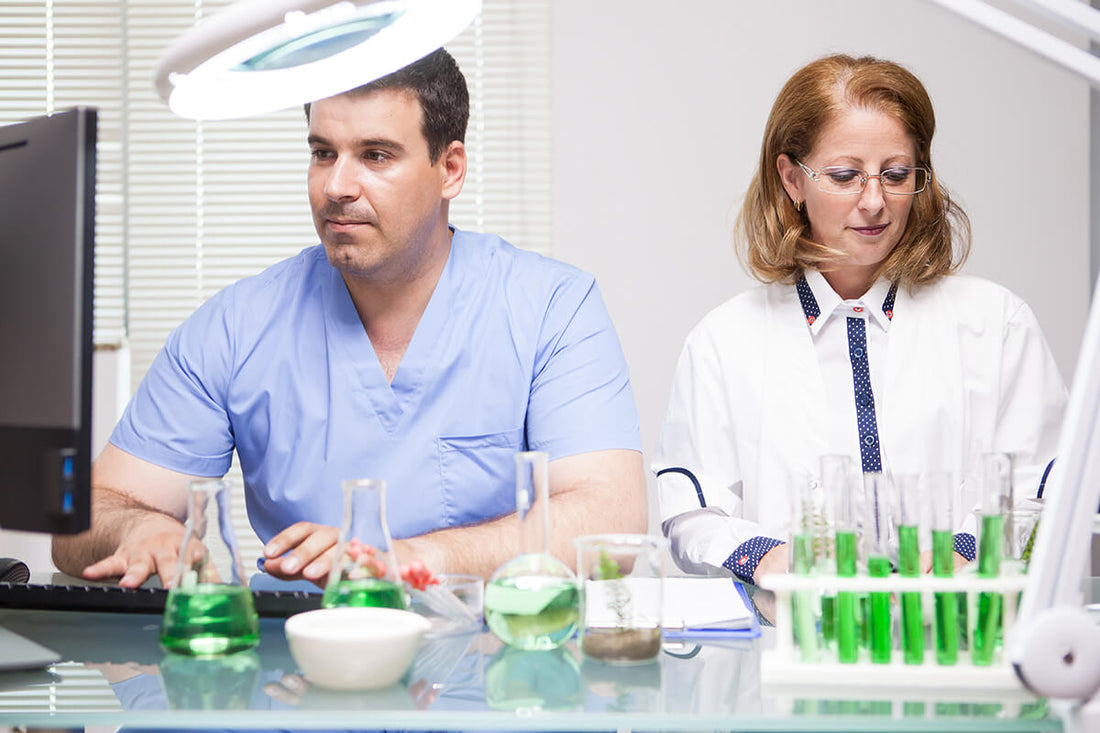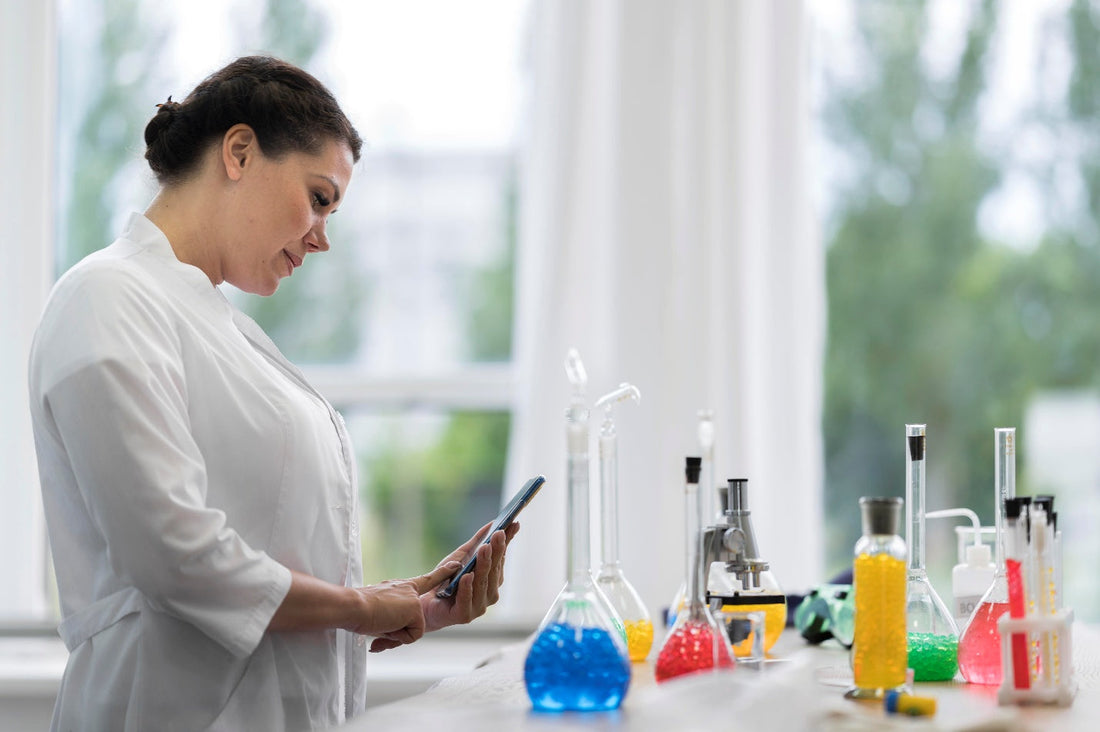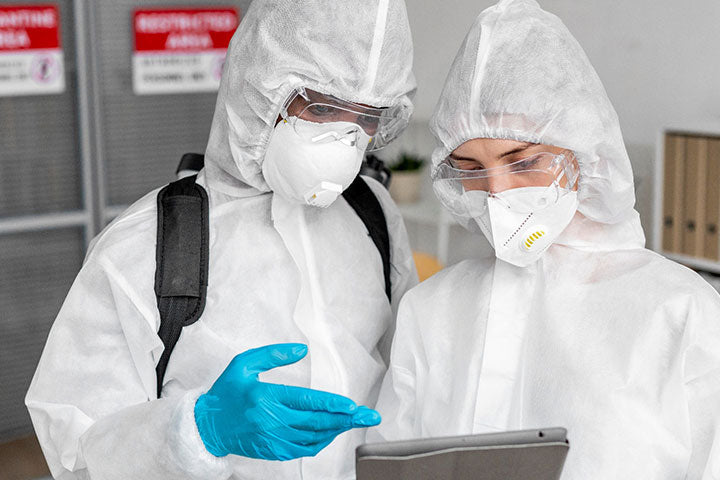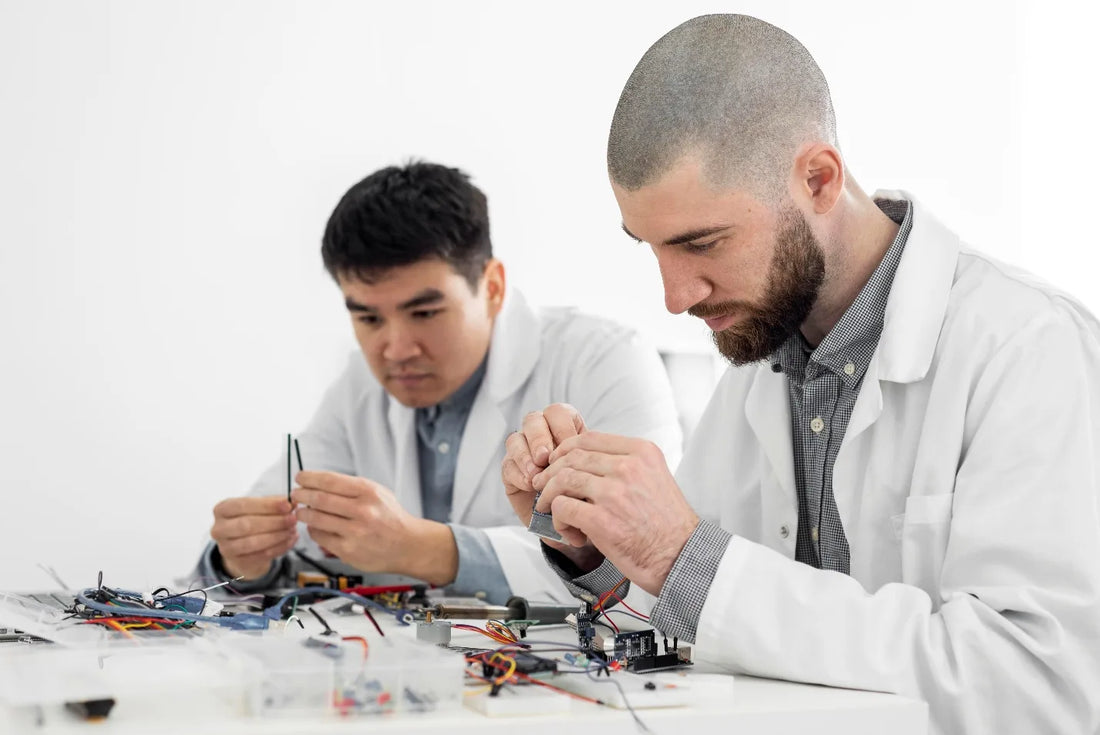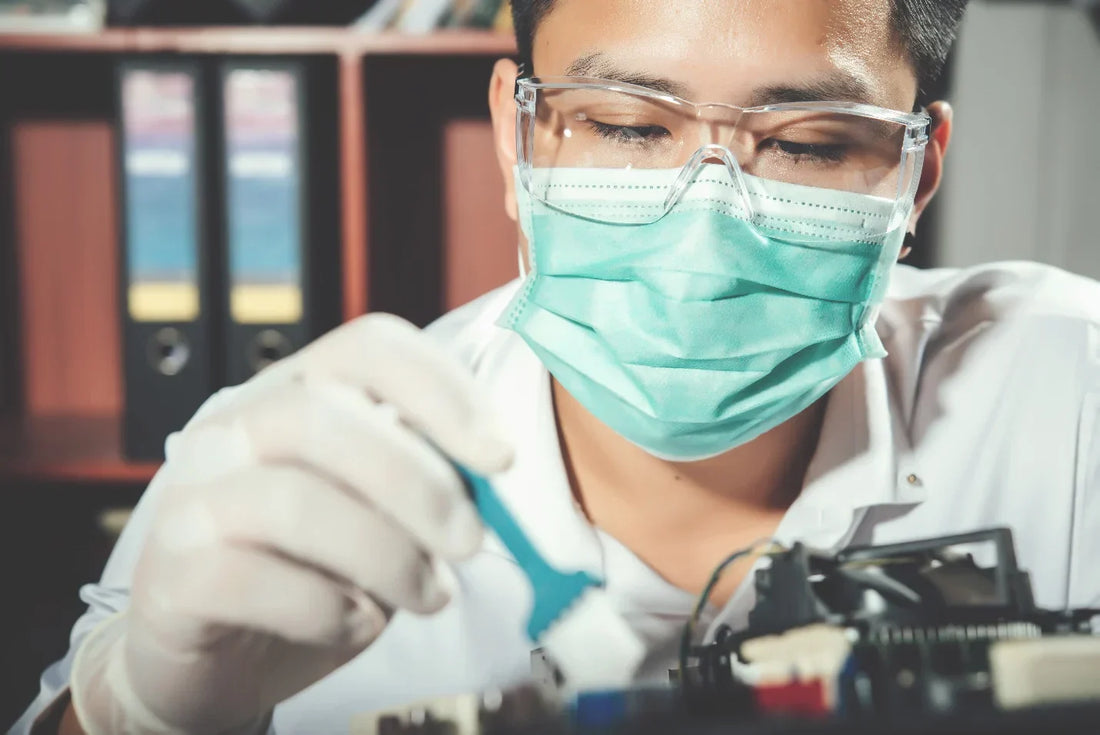5 Mistakes to Avoid When Buying Second Hand Laboratory Equipment

Summary
It is easy to fall for scams and tricks when purchasing second-hand laboratory equipment. A wise buyer can avoid common risks by checking the equipment’s condition, verifying reviews and the seller’s reputation, checking for calibration, comparing prices, and getting after-sales support. This article prepares you for the risks and dangers of the second-hand market.
Introduction
The cost of purchasing new equipment is one of the biggest challenges in establishing laboratories and research centers. The good news is that you don’t need to buy new. Second hand laboratory equipment has become more accessible through online platforms, providing laboratories and research institutions with broader and more affordable options.
However, purchasing used laboratory equipment online has its own set of challenges. At R&D Laboratory Equipment, we have seen many customers make avoidable mistakes when trying to buy used lab equipment online.
From neglecting equipment condition to not considering calibration and testing, this article examines the five mistakes you must avoid when buying lab equipment online.
Not Checking the Equipment’s Condition Thoroughly
Second hand laboratory equipment is available in various conditions, including used and refurbished. Failing to assess the condition of the equipment you are buying can lead to overspending or purchasing products that do not work as advertised. While used equipment is cheaper than new equipment, consider the previous usage, remaining lifespan, and quality of the refurbishment.
Additionally, ensure the seller provides detailed information on the equipment's condition, including its past usage, any repairs that have been made, and whether it has been tested or calibrated. Also, request maintenance records and warranty information, if available.
Ignoring Calibration and Performance Testing

Calibration is the process of checking and adjusting the settings on lab equipment to ensure accuracy and reliable performance. When purchasing used laboratory equipment, ensure that it has been properly calibrated to meet industry and regulatory standards.
Also, don’t just rely on what the document says; ask the seller if you can do a test spin to verify the information in the document. During performance testing, pay attention to any unusual sounds, vibrations, speed, and accuracy of the equipment.
Failing to have this checked can lead to regulatory sanctions, legal issues, and contaminated or wrong results. Most credible resellers of laboratory equipment, such as R&D Laboratory Equipment, will provide ISO and ASTM calibration certificates.
Overlooking the Seller’s Reputation and Warranty
The biggest risk in buying second hand laboratory equipment online is falling victim to unreliable vendors or scams. Sellers can provide incomplete or misleading information about the model, past, and condition of the equipment to influence your purchase decision. Buying from these vendors could result in receiving damaged or poorly maintained equipment, leading to financial waste, failed experiments, and downtime.
So, before you buy used lab equipment online, you should verify the seller’s credibility and reputation. Check for customer reviews, testimonials, and service ratings on their website. Additionally, consider checking third-party platforms, such as Yelp or Facebook Marketplace, for unbiased reviews.
Additionally, ask for a warranty. A seller who offers a warranty and guarantees is less likely to defraud you or sell damaged products, as they are committing to providing a free repair, maintenance, or return if the equipment is found to be defective within a specified period.
Failing to Compare Prices and Market Trends
One of the most common mistakes buyers make when purchasing refurbished lab equipment is failing to negotiate or compare prices across multiple vendors. In cases where buyers compare prices, some opt for the cheapest option without considering other factors, such as the condition of the equipment.
Failing to compare prices can lead to overspending or buying cheap, low-quality equipment. Before agreeing to a deal, research the current market prices of the equipment and similar models across various vendors and platforms, including resellers, auctions, and marketplaces. Additionally, be mindful of depreciation trends and seasonal price fluctuations.
Not Considering Future Maintenance and Support

Buying second hand laboratory equipment without considering after-sales support and maintenance is a rookie mistake. Lab equipment, whether used, refurbished, or new, often requires regular maintenance, calibration, and repairs to keep it reliable and accurate at all times. Without adequate support from the vendor, your lab may face extended downtime and costly repairs.
R&D Laboratory Equipment provides guaranteed after-sales maintenance and support to ensure your lab equipment remains efficient and reliable. We also train lab assistants in the proper handling and management of lab equipment.
Conclusion
You can buy lab equipment online, but there’s no guarantee that your purchase will meet your needs or that you won’t be scammed. The second-hand laboratory equipment market, while affordable, is also very risky.
Some mistakes to avoid when making a purchase include not checking the equipment’s condition, ignoring calibration and performance testing, overlooking the seller’s credibility, failing to compare prices, and not considering after-sales maintenance and support.
As the premier seller of refurbished lab equipment in San Diego, R&D Laboratory Equipment offers high-quality, tested, and certified equipment, including used centrifuges for sale. Check out used centrifuge for sale and other laboratory equipment.
FAQs
1. What are the factors to consider when buying laboratory equipment?
Price, after-sales support and maintenance, the equipment’s condition, seller’s reputation, and certifications are the most critical factors that should guide your purchase.
2. What are the precautions for laboratory equipment?
When using lab equipment, ensure you clean it regularly, decontaminate it, and unplug it before filling or emptying it.
3. What are the six factors needed to be considered when choosing a laboratory?
Location, turnaround time, cost, services, accreditation, and expertise are key factors to consider when selecting a laboratory.
4. What are the most important criteria for selecting lab equipment?
Equipment quality and brand are crucial factors when purchasing lab equipment.
5. What are the procedures for ordering laboratory equipment?
Assess your needs and capacities, determine your budget, set your priorities, and make your order.
6. What are the basic lab safety rules?
Be aware of the locations of safety showers, eyewash stations, and fire extinguishers. Know the emergency exit routes. Avoid contact with chemicals, including exposure to the skin and eyes. Minimize all chemical exposures. Assume that all substances of unknown toxicity are highly toxic.
7. Which used equipment can I buy?
You can get a used centrifuge for sale at R&D stores. Other equipment available includes microscopes, biosafety cabinets, pipettes, and lab refrigerators, among others.
8. What are the dangers of second-hand laboratory equipment?
When you buy lab equipment online, you run the risk of overpaying, buying damaged equipment, or falling victim to scams.
9. How do I know a reliable seller?
A reliable used laboratory equipment vendor will provide a warranty and guarantee, as well as after-sales support and a detailed history of the equipment, including its maintenance and repair records.
10. Is cheap equipment a scam?
Second-hand lab equipment is relatively affordable, but if you find one that is cheaper than the average market value, you should ask for maintenance, calibration, and performance testing to verify its quality.


